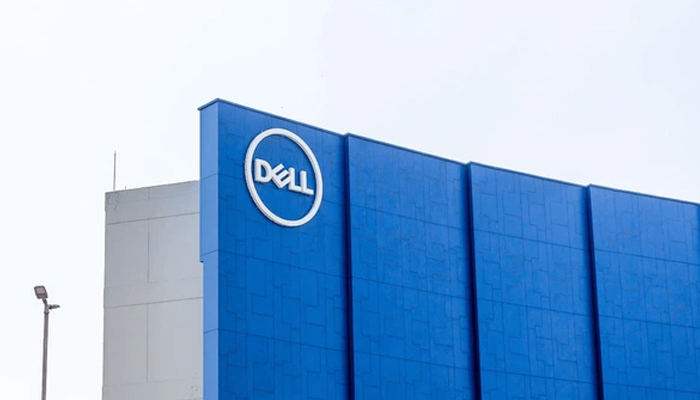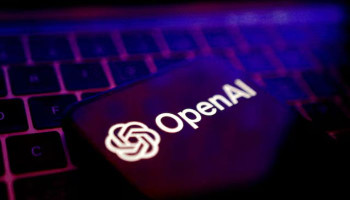
Dell, an American tech giant, unveiled AI-powered PCs and servers using Qualcomm and NVIDIA CPUs, respectively. The new PCs are available for pre-order, while the servers will be ready in late 2024.
This move is intended to capitalise on the rising AI sector and revive PC demand. Dell Technologies has announced a substantial extension of its AI capabilities, including new AI-enabled PCs powered by Qualcomm processors and servers outfitted with NVIDIA's most recent chips.
These statements were made on Monday at an event in Las Vegas, highlighting Dell's intention to capitalise on the expanding market for artificial intelligence servers while also predicting a resurgence in the PC industry following a post-pandemic drop.
Moreover, the new AI-capable PCs will be powered by Qualcomm's Snapdragon X series CPUs, which incorporate neural processing units (NPUs) designed to handle complicated AI tasks. Two of the five new PC models are available for pre-order now, with the remaining models to be launched in the following months.
This introduction coincided with Microsoft's annual Build event, at which CEO Satya Nadella unveiled "Copilot+" PCs created in collaboration with Dell, Qualcomm, Intel, and AMD.
Following the announcement, Qualcomm's stock rose nearly 2% to a record high, while Dell's price fell 2.6%. In addition to the AI PCs, the American tech giant announced a new server compatible with NVIDIA's Blackwell processors, which would be ready in the second half of 2024.
This server uses liquid cooling technology, which is more energy-efficient than typical air conditioning. Arthur Lewis, head of Dell's infrastructure solutions business, stated that these NVIDIA-based servers are the fastest-growing product in Dell's history.
According to the International Data Corporation (IDC), expenditure on AI servers is anticipated to top $33 billion by 2024.
However, with increased investment in AI servers, Dell does not expect this trend to have a substantial impact on traditional server spending, particularly among smaller organisations that are still in the process of adopting new technology.
This view contrasts with the overall market, which is shifting its attention to AI servers over traditional ones due to their greater speed and efficiency.
















